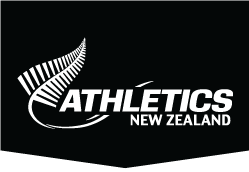Dave McKenzie
Standing at 1.60m tall and tipping the scales at 54kg, Dave McKenzie was a lightweight of the roads but thanks to his indomitable spirit the proud West Coaster was a heavyweight of the marathon.
When the great names of New Zealand distance running are discussed the man who has spent his entire life living in Inverness Street in the tiny town of Dunollie is often overlooked
But in a proud career in which he claimed four New Zealand Marathon titles, made two Olympic appearance and memorably won the 1967 Boston Marathon – at that time the world’s most prominent marathon – Dave’s considerable accomplishments deserve a lot more attention.
Born into a coalmining family he started his sporting life playing rugby league – the favoured sport in the hardy but proud West Coast community.
Yet after winning the high school mile he realised he had a talent for running and followed his older brothers into the local Greymouth Harrier Club at the age of ...
